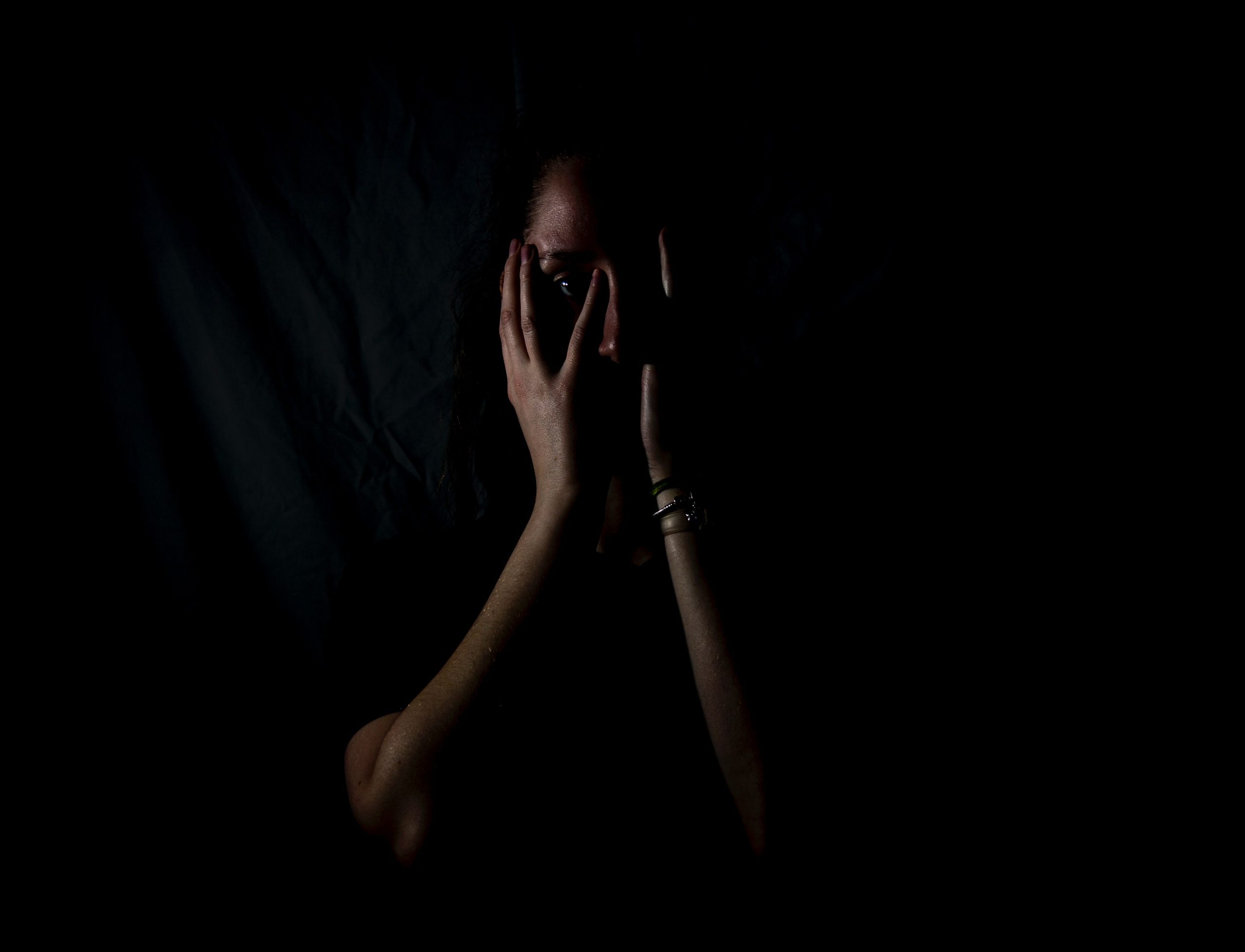Though Covid-19 symptoms can typically recover in two weeks, young, European expat Lisa was among some of the patients that weren’t so lucky.
At least 1 in 20 patients (with some sources suggesting even 1 in 10) who contract COVID-19 have been suffering from serious fatigue alongside other debilitating symptoms for months on end, even post-infection. Contrary to popular belief, these are not only older patients with existing chronic conditions or those who were hospitalised.
Young, fit and healthy patients who experienced mild symptoms during the active infection are also among those so-called ‘long-haulers’. While doctors and healthcare professionals undoubtedly face a steep learning curve, there is a lot they can learn by listening to their patients.
Prior to the pandemic, European expat Lisa* was living a relatively normal life balancing a full-time job and online studying with an active social life. She, – currently in her early 30s – exercised regularly with her personal trainer, and maintained a balanced diet and an overall healthy lifestyle.
Read also: Is Qatar on the brink of a second COVID wave?
One morning in October, Lisa woke up feeling something wasn’t right. She felt weak, her body ached, and she had a scratchy, sore throat. Shortly after, she tested positive for COVID-19. As time passed, she seemed to gradually improve. However, whenever she thought she was on the brink of recovery, her symptoms either returned, worsened or new symptoms appeared.
“What was unique about this virus was that I never knew how I would feel the next day. Even if I felt relatively better one day, I would get worse the next day or have different symptoms all together,” Lisa told Doha News.
She lost her sense of smell and taste for a few days, experienced shortness of breath and, almost two weeks from her diagnosis, experienced vertigo. According to Lisa, this was the most restrictive symptom of the virus. She was unable to sit up straight or even watch a movie while lying down as the world felt as if it were “spinning around” her.
“You feel as if your whole body is tired, even your eyes start to burn. So, you lie down to regain even just a bit of strength so that you’re able to attempt sitting upright again. It feels terrible.”
However, overall, her infection was considered mild. Lisa reported never having a fever at all, and she was also never hospitalised. In fact, she eventually felt well enough to return to her regular routine. Shortly after her return to work, she experienced what she describes a “crash”, sudden weakness and extreme nausea.
“I felt like I had to go home immediately to lie down,” Lisa explained, noting she thought she’d just need a few more days of rest. Three months later, Lisa is still unable to return to work.
Following the crash, and in a desperate quest to find answers, she made appointments to see doctor after doctor. She appreciated that appointments were made quickly, and that she was taken very seriously. Lisa also looked for online support groups for people experiencing Long Covid in Qatar, but there were none
“I felt like I was the only one with this condition, even though it can’t possibly be,” she said. After a failed attempt to find a local community, Lisa then resorted to joining an online community of ‘long-haulers’ based in her home country.
This was vital not only for emotional support but also for the knowledge gained through shared experiences on symptoms and diagnosis. This knowledge helped Lisa ask her doctors for specific non-routine tests and scans to help with her diagnosis and treatment plan.
Meanwhile, Lisa was seen by a general practitioner and was then referred to a pulmonologist, a cardiologist and eventually a chiropractor and physiotherapist. She underwent all the recommended tests and found herself feeling hopeless and defeated that all the results returned were indicative of a healthy state, when, in reality, she felt extremely ill.
“My doctors would prescribe vitamins or supplements, as this seems to be the only available course of treatment as of now”.
This was until one of Lisa’s doctors ordered another chest CT scan that, finally, showed lung damage. While this was disappointing news, she described it as extremely satisfying to know “that there was something behind everything that I was feeling”.
To this day Lisa struggles with day-to-day activities such as speaking, walking, cooking, reading and showering. A slow-paced 10-minute walk needs to be followed with one or two hours of sleep for her body to recover. Other symptoms include shortness of breath, an elevated heart rate, joint pain, and muscle pain.
“You feel as if your whole body is tired, even your eyes start to burn. So, you lie down to regain even just a bit of strength so that you’re able to attempt sitting upright again. It feels terrible,” she explained to Doha News.
What Lisa describes as the most debilitating set of symptoms, are the cognitive and neurological effects commonly experienced by those suffering from Long Covid – “brain fog”. Lisa faces issues with her concentration span, her focus and her memory. Even speaking and reading have become difficult, she explains “sometimes it’s hard to find the words”.
“Not everyone will understand you, especially when, on the outside, you appear young and healthy”.
“I’m also not able to read and understand something at the same time, I have to record myself reading a book (for example) and re-listen to my voice recording in order for me to understand what it was that I was reading.”.
This has, unsurprisingly, taken a toll on Lisa’s mental health. “It is extremely frustrating. At this young age my memory should still be intact. If I wasn’t experiencing these cognitive health effects, I could have probably resumed work from home, but I can’t even sit in front of a screen for longer than a few minutes”.
However, Lisa has chosen to accept and navigate these debilitating effects of Long Covid on her health to the best of her abilities. In addition to listening to recordings of articles or excerpts from books, she also listens to podcasts and audiobooks.
She sits down when she needs to cook and has also installed a seat in her shower to avoid falls should she experience vertigo.
Another technique Lisa has been using is ‘pacing’, which came highly recommended by fellow long-haulers from her online community, as well as her therapist here in Qatar.
Read also: Mummy brain: Scientific truth or the perfect excuse?
Pacing allows patients to manage their energy exertion by knowing which activities are likely to make them feel unwell. They can then either avoid these activities completely or slowly increase energy expenditure on these activities each day so as not to shock the body.
Lisa compares managing Long Covid symptoms to being stuck while doing a puzzle that is ultimately incomplete by design. The patient has to find the lost pieces in order to attempt to put it together and make sense of it.
This means knowing which activities trigger symptoms. It also means doing your research on how to treat yourself be it through finding online resources for breathing exercises, watching YouTube videos, and asking those with similar experiences.
However, she sometimes cannot help but feel helpless. “You feel lonely because you never know if you‘re doing the right thing to help yourself”.
For this struggling with the effects of Long Covid, Lisa recommends seeking professional psychological help. She stresses that “this is important as some of the symptoms can be both triggered by existing mental health problems or can even potentially trigger the onset of new mental health issues”.
She also recommends focusing on only a few people from your close social circle to open up to and talk to, explaining that “not everyone will understand you, especially when, on the outside, you appear young and healthy”.
As vaccination campaigns become the main focus of the pandemic response, and countries begin to prepare for the end of the crisis, it is vital that we don’t leave behind patients with Long Covid, or even down-scale the size of the problem. Awareness is vital for both doctors as well as the general community. This comes from listening to patient experiences and prioritizing research.
*The name displayed is not the author’s real name.
Maha El Akoum, MPH, is a public health professional currently working as Head of Content at World Innovation Summit for Health [WISH].
Follow Doha News on Twitter, Instagram, Facebook and Youtube







